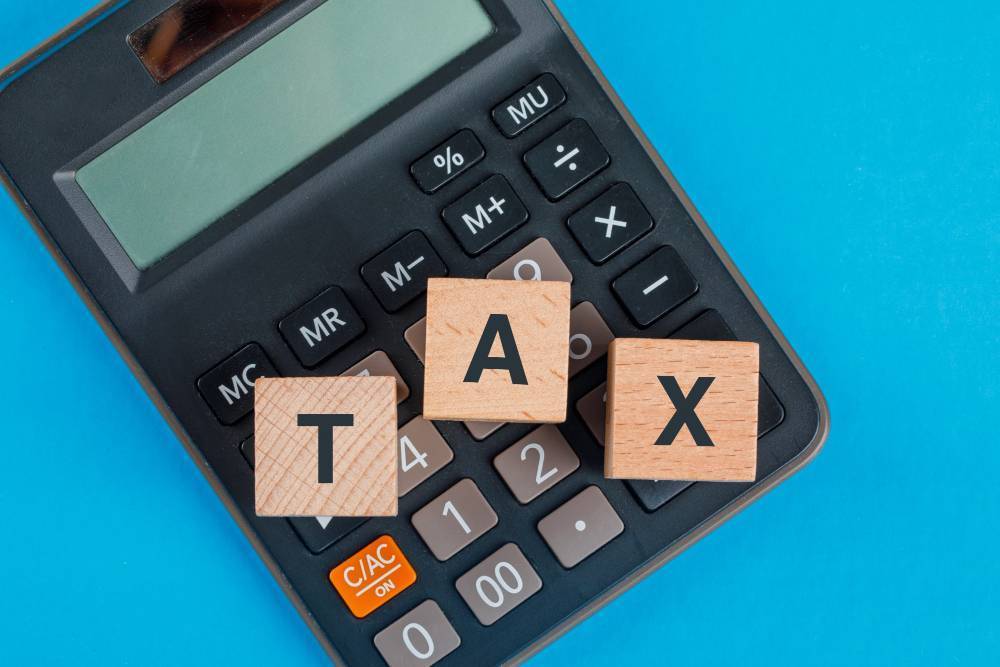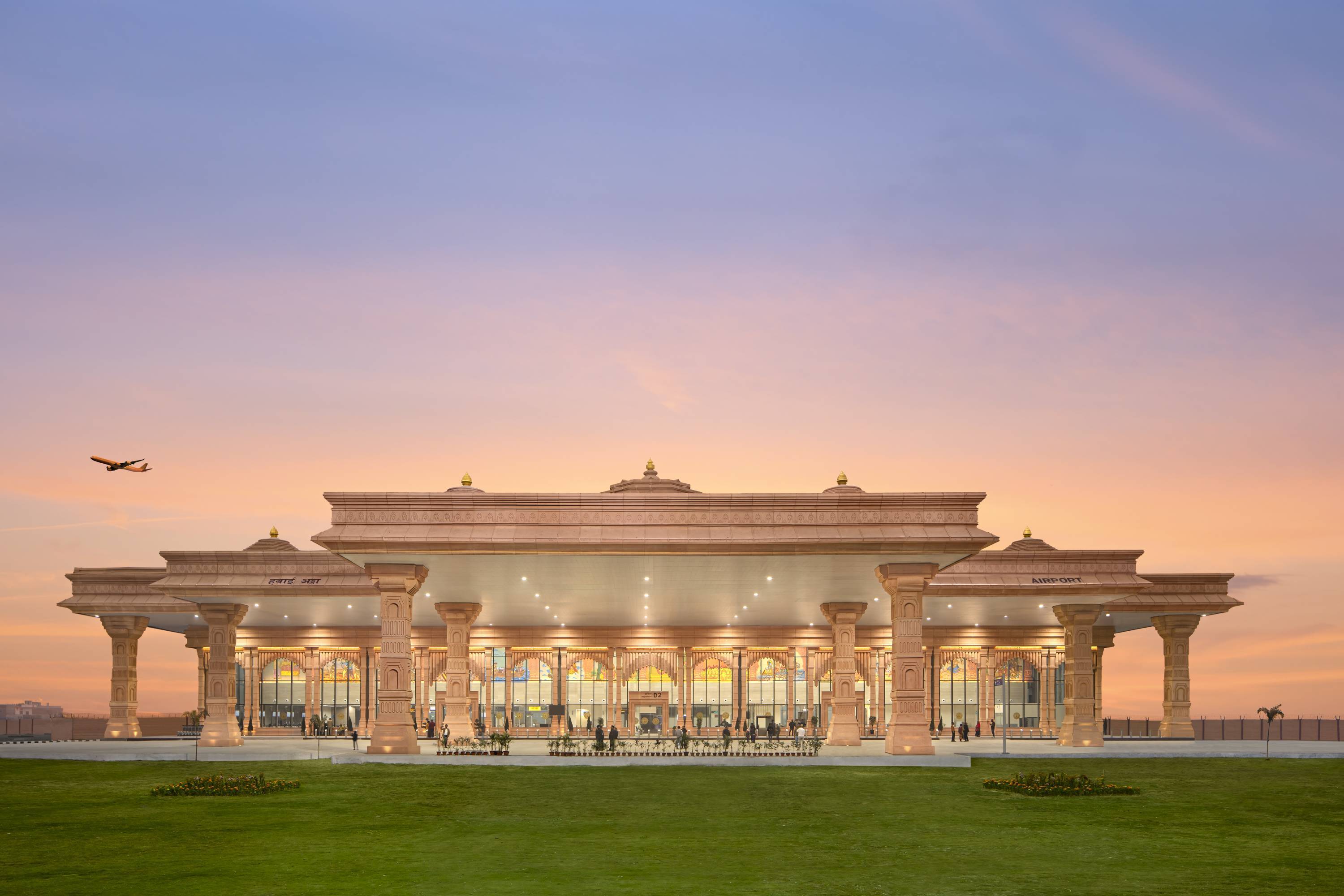In a landmark move aimed to simplify urban redevelopment, the Maharashtra government has decided to waive stamp duty and registration charges for people living in old buildings, who are given flats in new buildings constructed as part of the cluster redevelopment scheme in Mumbai. The announcement made just before the important Brihanmumbai Municipal Corporation (BMC) elections, the decision is going to have the effect of removing the financial difficulties of the residents and the redevelopment projects will be able to proceed at a faster pace throughout the city.
The waiver is for all the residents who will get a flat of 400 to 600 sq.ft. under the scheme. An official order to this effect was issued by the Inspector General of Registration and Controller of Stamps on 18 November 2025.
State Revenue Minister Chandrashekhar Bawankule highlighted the momentous nature of the decision.. “The decision would bring relief to residents who dreamed of owning a home in Mumbai and would also help boost cluster redevelopment in the city,” he said.
Cluster redevelopment involves the transformation of multiple old and unsafe buildings into a single, larger project. This approach not only enhances urban infrastructure and housing quality but also offers developers benefits such as higher Floor Space Index (FSI), modern amenities, and the ability to construct safer, larger homes.
Previously, residents were required to pay stamp duty and registration fees on any additional area they received during redevelopment. This additional area was often calculated based on construction costs or ready reckoner rates, making the process expensive. “So far, the residents of old buildings had to pay stamp duty and registration fees on the increased area received after redevelopment, which was based on the construction cost or the ready reckoner rate,” a senior revenue official said.
Under the new scheme, the combined valuation of the original area, additional area, and extra construction area will now be calculated at a concessional rate, significantly reducing costs for both residents and developers.
Bawankule explained that each tenant is entitled to a minimum of 35 square metres of carpet area under cluster redevelopment. Depending on the size of the cluster, residents can receive an additional 10% to 35% extra area along with 35% fungible area—additional permissible construction space. “All this additional area will now be treated as area received in exchange for the old premises and will be valued at a nominal rate,” he said.
The financial gains are quite impressive. As an example, in a redevelopment project of a small cluster of about 4,000 square meters, concessional rates will now be available for plots up to 51.975 square meters, thus cutting the developers’ expenses by around ₹21.14 lakh per project. In a vast project area of 50,000 square meters, the exemption in stamp duty may amount to close to ₹4.36 crore, thereby, the developers, as well as the residents, will make considerable savings.
The minister emphasized that these steps will elevate the financial feasibility of the redevelopment projects and thus revitalize the cluster projects that have been stagnant for a long time in Mumbai. As the up-front costs are lowered, the new policy offers a win-win situation to developers by giving them the green light for the redevelopment of old and unsafe buildings, which paves the way for safer as well as more modern housing facilities.
The announcement's timing caught the attention of the politicians. The chief spokesperson of Mumbai Congress, Sachin Sawant said that BJP thinks of voters only during elections. The decision would have been taken right after the new government was formed. However, they waited for a year to announce it just before the polls.
Whilst Mumbai is still grappling with the aging infrastructure and the housing demand is on the rise, such a reprieve could be instrumental in enabling an impressive urban transformation. The cluster redevelopment plan, along with the stamp duty and registration fee waivers, helps residents overcome the financial challenges and at the same time plays the role of a promoter for the more eco-friendly and orderly development of the city.
By the help of these reforms, the residents in the aged buildings of Mumbai now have a better opportunity to move into safer and modern housing, and at the same time, the developers are motivated to undertake large-scale redevelopment projects. Turning to the public-private partnership in city planning, the Maharashtra government's decision may very well be the turning point that not only helps revitalize Mumbai's urban landscape but also serves the public interest.









.png)